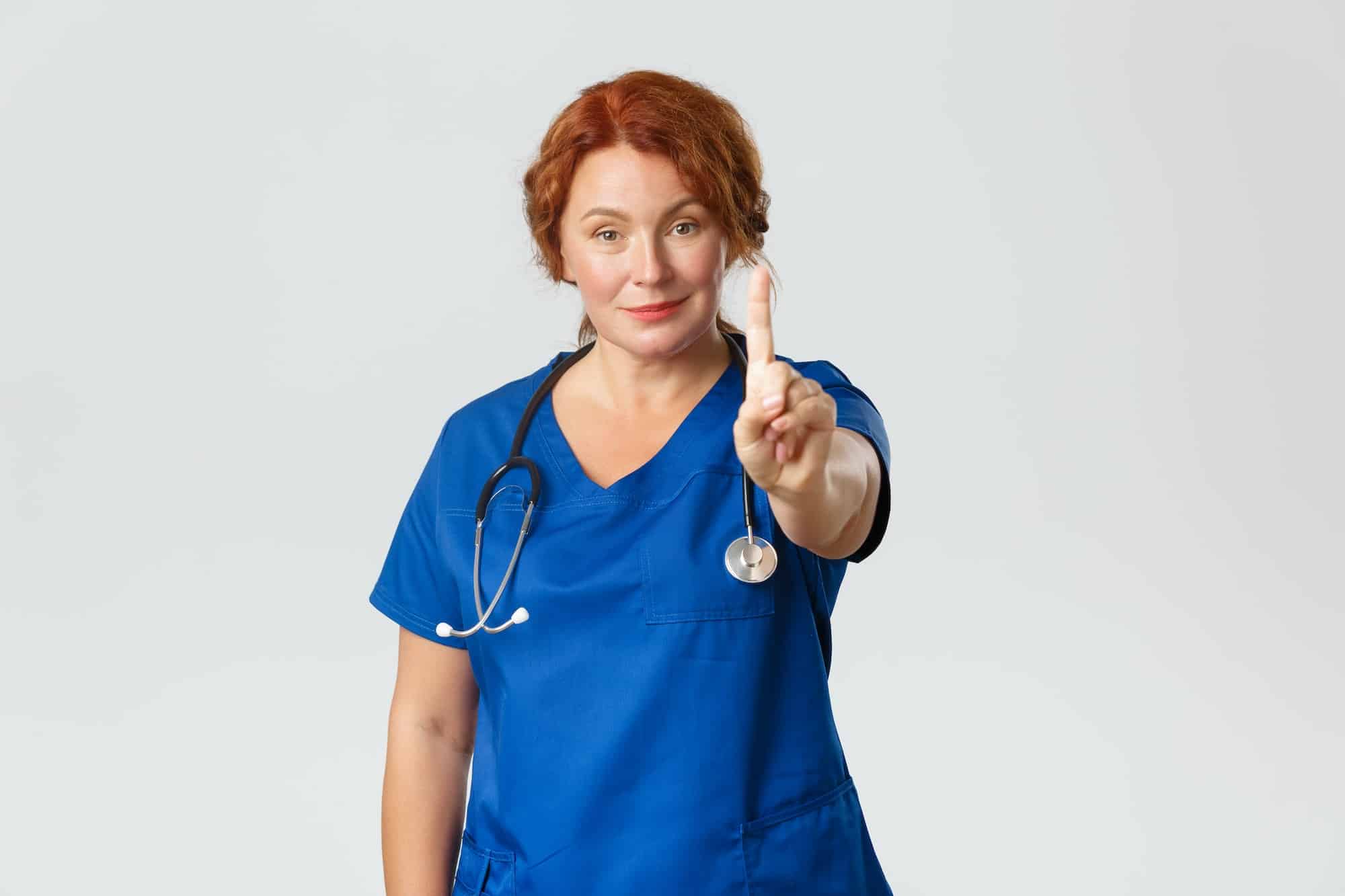Infarmed warned today of the need for increased vigilance for those taking medications that can interfere with intense exposure to heat, such as diuretics, which can increase dehydration.
“Some medicines may exacerbate the dangers of too prolonged or intense exposure to heat and, in the event of dehydration, may require a dosage adjustment,” says the National Authority for Medicines and Health Products.
In information published on its website, Infarmed recalls that some medicines increase the elimination of water (for example, diuretics) and may increase normal dehydration due to the increase in ambient temperature.
It also points to the case of drugs to lower blood pressure or that cause drowsiness, noting that “they can also aggravate the effects of heat”, and therefore need “increased vigilance”.
As examples of drugs that need increased vigilance on the part of those who take them, Infarmed also mentions drugs for the treatment of heart disease, for blood pressure – which can aggravate hypotension – or those that act at the neurological level, as they can interfere with the body’s central ‘thermostat’ and cause an increase in temperature.
Antiepileptic drugs, migraine medications – which can decrease sweating – or some antibiotics and anti-inflammatory drugs, as they can alter the normal functioning of the kidneys, are other examples.
It also warns that some antidepressant, anti-allergy, Parkinson’s disease and urinary incontinence drugs can alter sweating.
In the same information on the possibility of some medicines interfering with the body’s reaction to heat, Infarmed warns that treatment should not be suspended without medical advice, as such a decision “can lead to serious complications linked either to the sudden interruption of taking the medicines or to the effects of the untreated disease”.
The medicines authority also advises those taking these medicines not to drink alcohol during heatwaves, as these drinks make dehydration worse.
On the subject of vacation travel, Infarmed also recalls the importance of knowing how to transport medicines.
In this regard, he believes that they should all preferably be transported in cooler bags, stressing that even in these cases, the drugs should not be exposed for long periods of time to high temperatures, such as those reached in suitcases or inside cars parked in the sun.
Medicines usually kept in the refrigerator (between 2 and 8ºC) should be transported in refrigerated isothermal bags, for example, with cold accumulators, “but always avoiding freezing”, he advises.
The persistence of high temperature values caused the Portuguese Institute of Sea and Atmosphere (IPMA) to put under red warning (the most serious) the districts of Bragança, Castelo Branco and Guarda.
The red warning is active until at least 23:00 today in Castelo Branco and Guarda, but in Bragança it extends until the end of the day on Wednesday.
The districts of Vila Real, Viseu, Coimbra, Leiria, Santarém, Portalegre and Évora are until the end of today under orange warning (the second most serious), which drops to yellow from 23:00 today and at least until the end of Wednesday in Vila Real, Viseu, Santarém, Portalegre and Évora.

